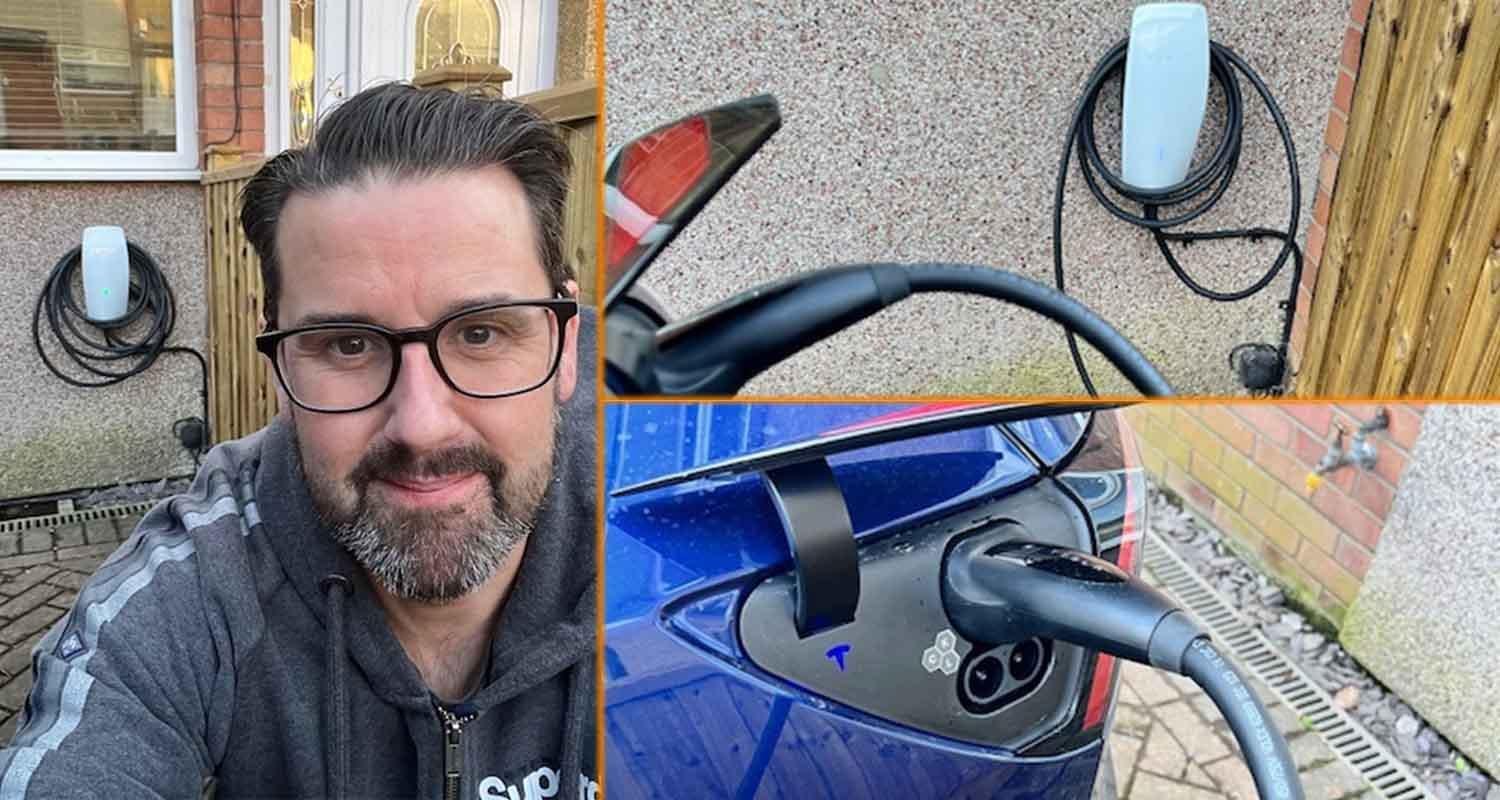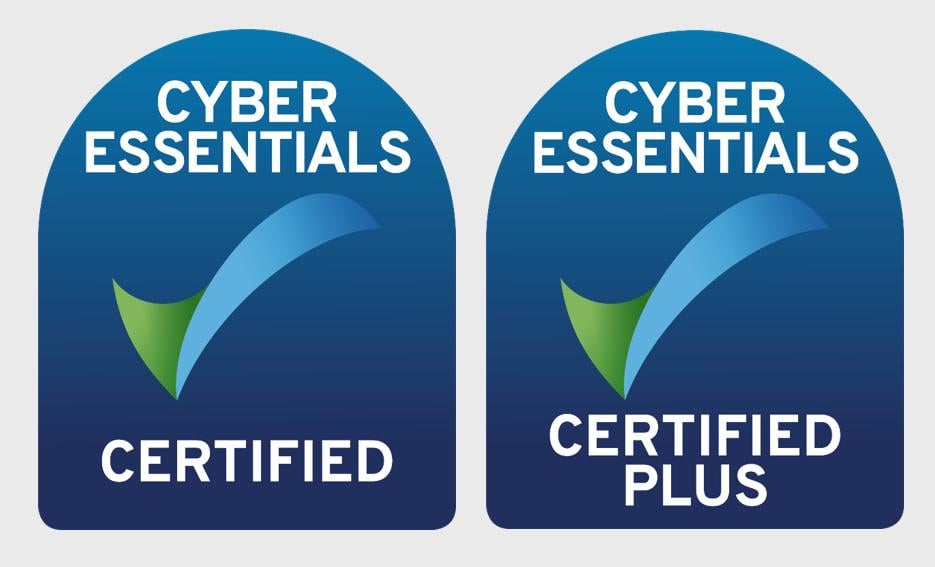Do EVs come with charging cables?
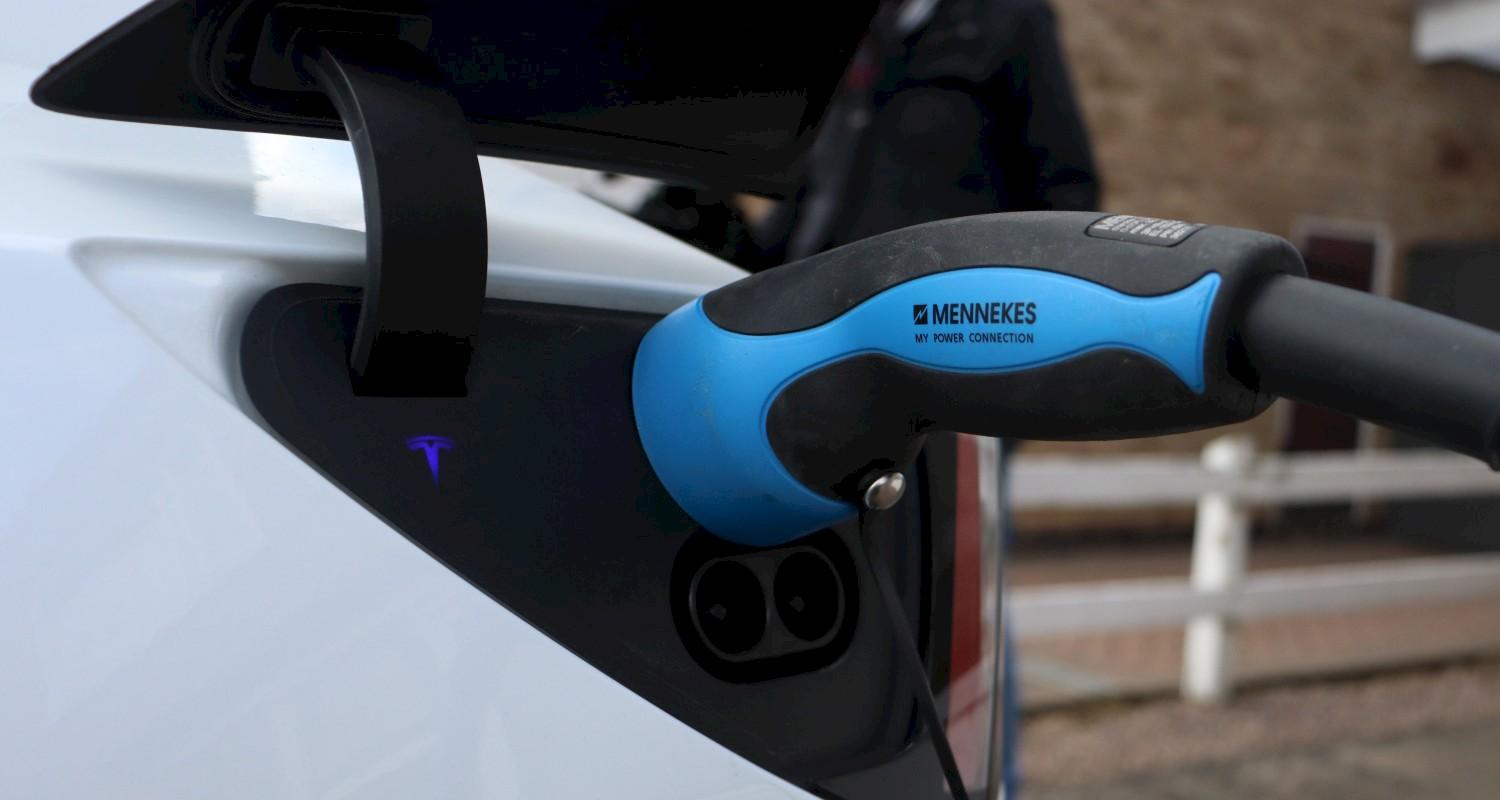
It's often assumed that charging cables will come with an electric car. We explain whether you can expect a charging cable to come included with your electric car as well as the different types available.
Do electric cars come with EV charging cables?
Electric vehicles need charging. Whether that's at home or at public charge points, you're going to need to plug the thing in. So, you might expect your shiny new electric vehicle to come loaded with all the charging equipment, namely cables, that you will need, right?
Not quite – it all depends on whether it's brand new or second-hand as well as how generous the manufacturer is feeling at the time.
If it's brand new, then your EV could arrive in any one of the following scenarios in terms of cables:
1. The full package - including a dedicated charging cable (Type 1 or Type 2) for fast home and public charging, as well as a three-pin charging cable or adapter for use with a standard domestic socket
2. The good enough package - includes a dedicated charging cable for fast home and public charging, but no three-pin cable or adapter for emergency backup.
3. The bare bones package - only includes a three-pin charging cable for slow charging using a domestic socket. Very ungenerous on the part of the car manufacturer if you ask us.
4. The naff-all package - where the carmaker literally gives you nothing when it comes to charging cables.
This doesn't include variations in cable quality or length, but the above are the various ways car manufacturers have delivered their vehicles when it comes to supplying the accompanying charging cables.
When it comes to second-hand electric vehicles, you are really at the mercy of the seller as they may decide to keep any charging cables they got with the vehicle.
Before purchasing a new or secondhand EV, we recommend asking the seller or dealer what charging cables (if any) are supplied with the vehicle.
With that in mind, let's look at the different types of charging cables that are available.
Browse our charging cables
Fortunately you can purchase a wide range of electric vehicle cables direct from Smart Home Charge.
What types of cables come with electric vehicles?
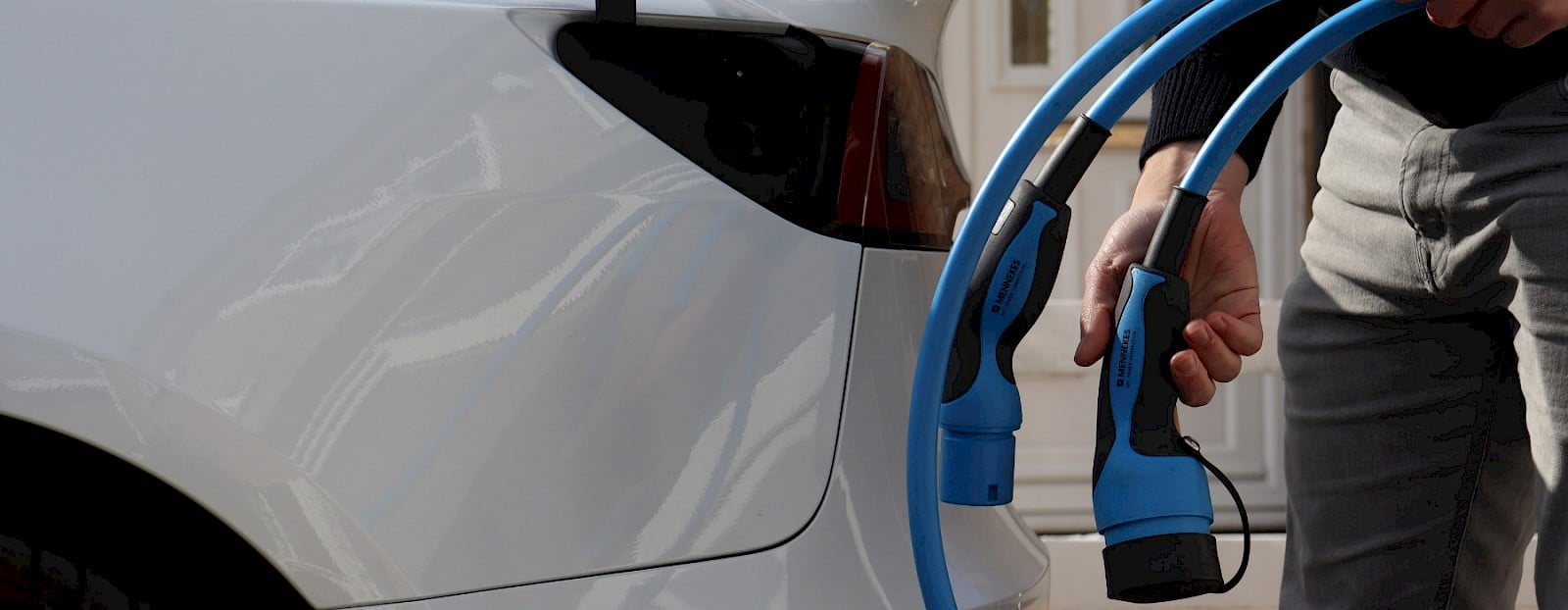
There are three cable types that are likely to come with your vehicle, all of which charge your vehicle using AC (alternating current).
Three-pin plug
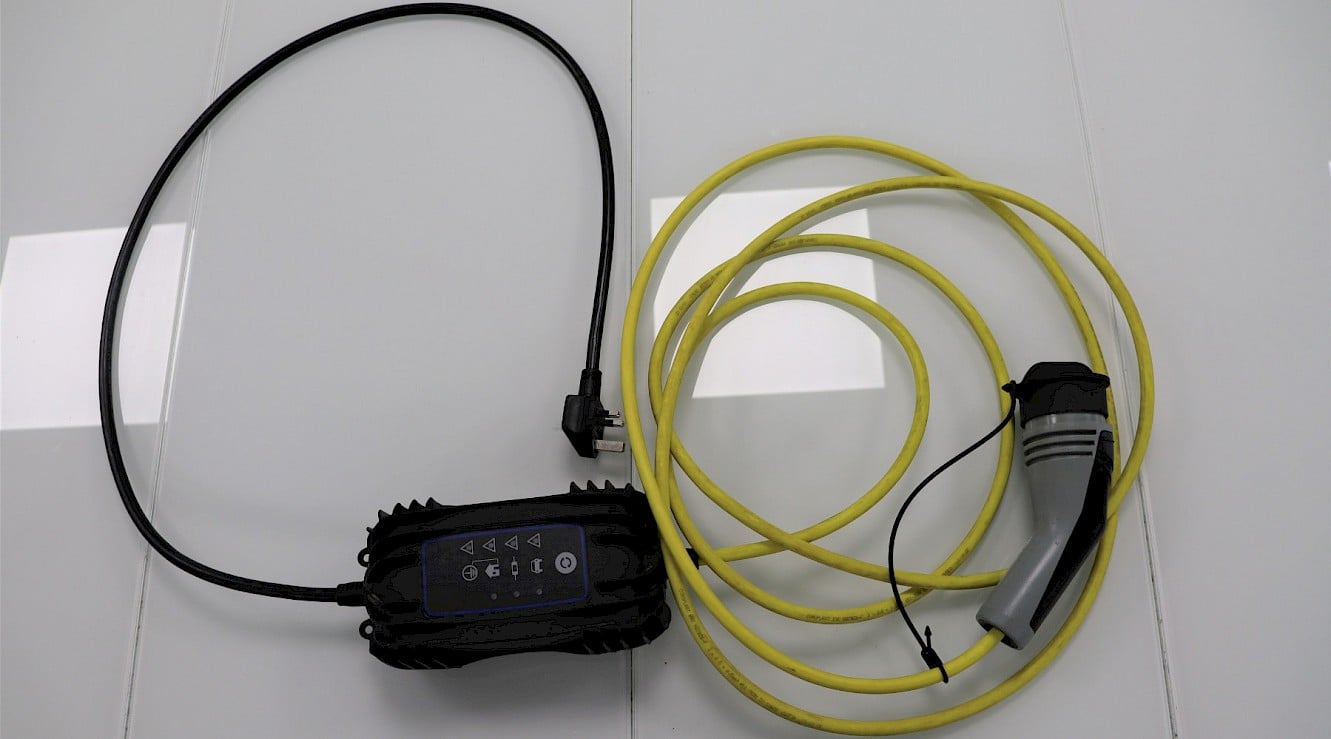
At the very least your car should come with a three-pin plug cable (sometimes known as a granny cable). However, while a three-pin plug typically charges at a rate of up to 2.3kWh which is more than enough for charging a bike or scooter, they are very slow at charging the large batteries found in electric cars.
Using a three-pin plug as your primary method of charging your EV can also be unsafe and potentially cause fires due to the high electrical current putting a strain on the components in the wall socket.
Type 1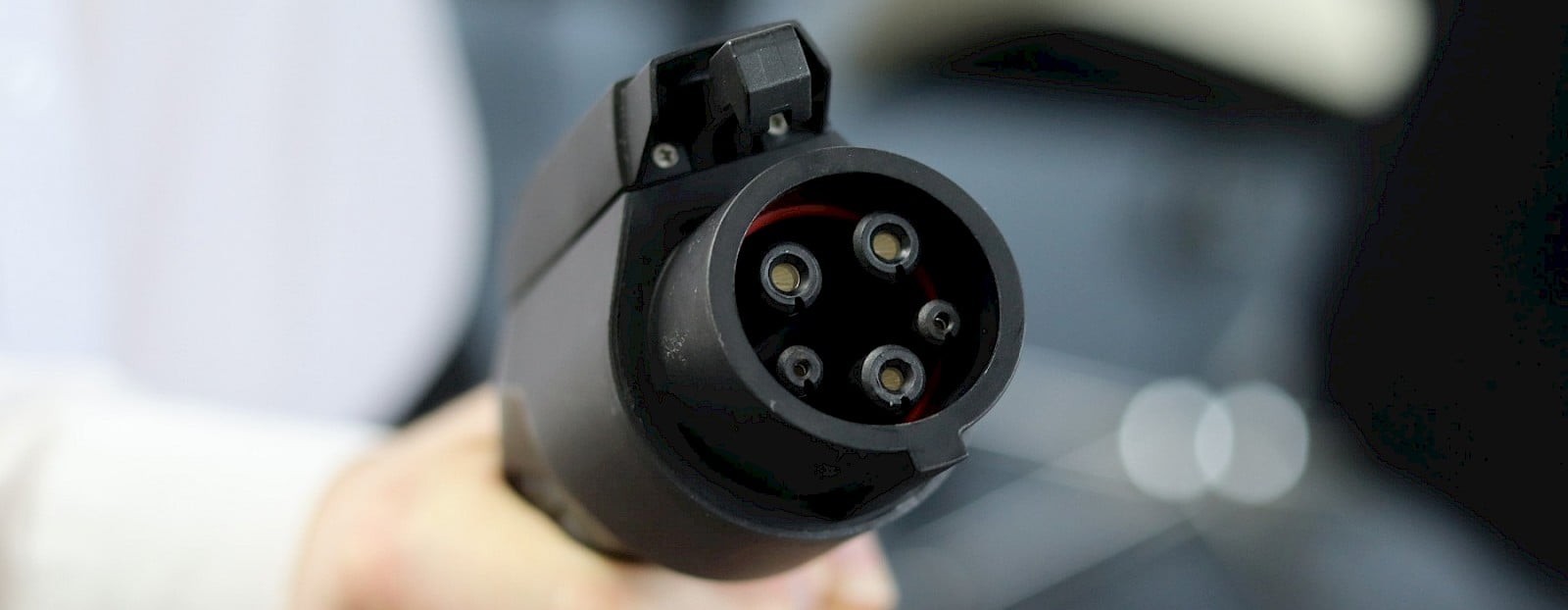
If you're buying an older secondhand EV, you may come across a Type 1 cable. This cable type used to be the standard cable format for EVs and was famously found on cars as popular as the Mitsubishi Outlander plug-in hybrid (which is also famous for being one of the last new vehicles you can buy with a Type 1 connector) and the original Nissan Leaf.
Type 1 cables have five pins in their connectors with a latch on top, which fixes to charging ports and stops the cable from being accidentally removed during a charging session. While Type 1 cables can charge up to 7.2kW, they are not three-phase compatible meaning they cannot take advantage of the higher charging speeds that Type 2 cables can typically charge at.
Type 2
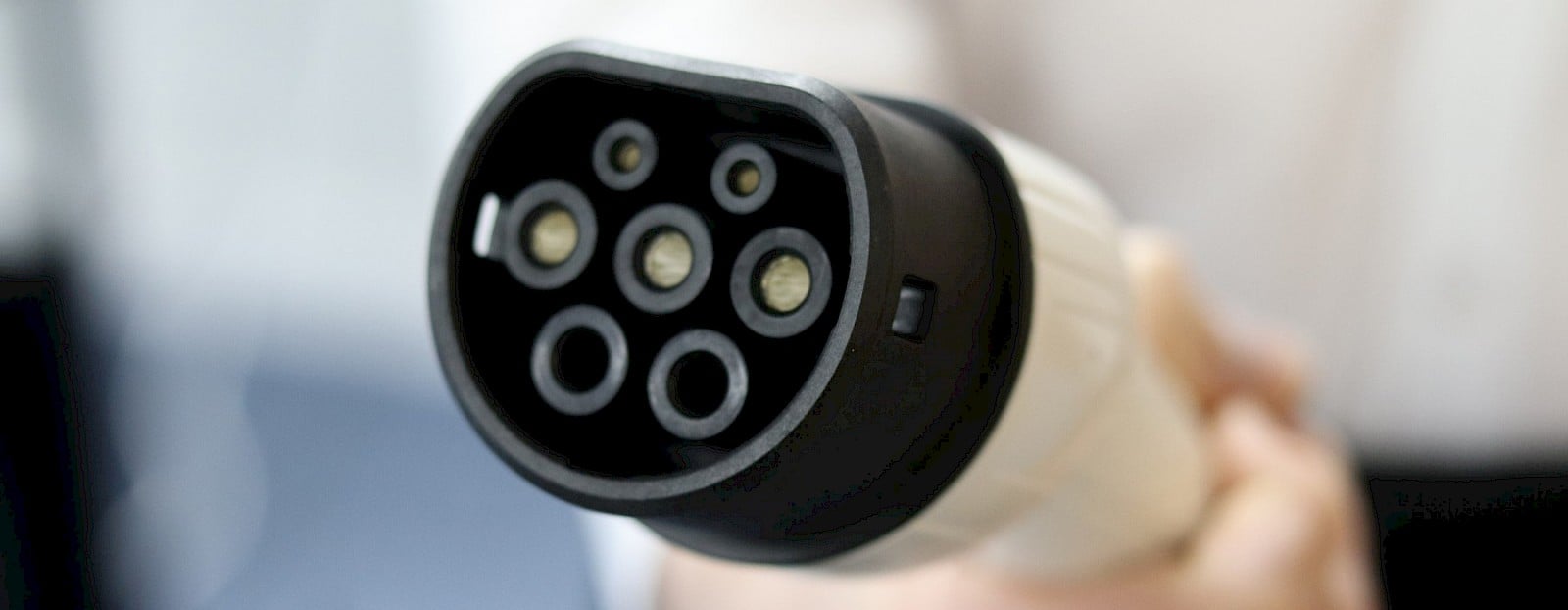
And speaking of Type 2 charging cables, these are largely the standard cable format across the EV world. You can identify a Type 2 charging cable by counting the 'pins' in the connector – there should be five holes with actual pins inside, and then another two holes at the bottom. Depending on whether the cable is single-phase or three-phase will determine whether the bottom two holes also include pins. In a single-phase cable, the bottom two holes can be "missing" but that's perfectly normal too as they are only needed for three-phase charging.
Type 2 connectors also forgo the latch found on Type 1 connectors in favour of a mechanism located in type 2 charging ports that automatically lock onto a type 2 cable during a charge session.
As stated earlier, Type 2 cables can charge at both single-phase speeds (up to 7.4kW) and three-phase speeds (up to 22kW).
So, what cables do you use for rapid charging?
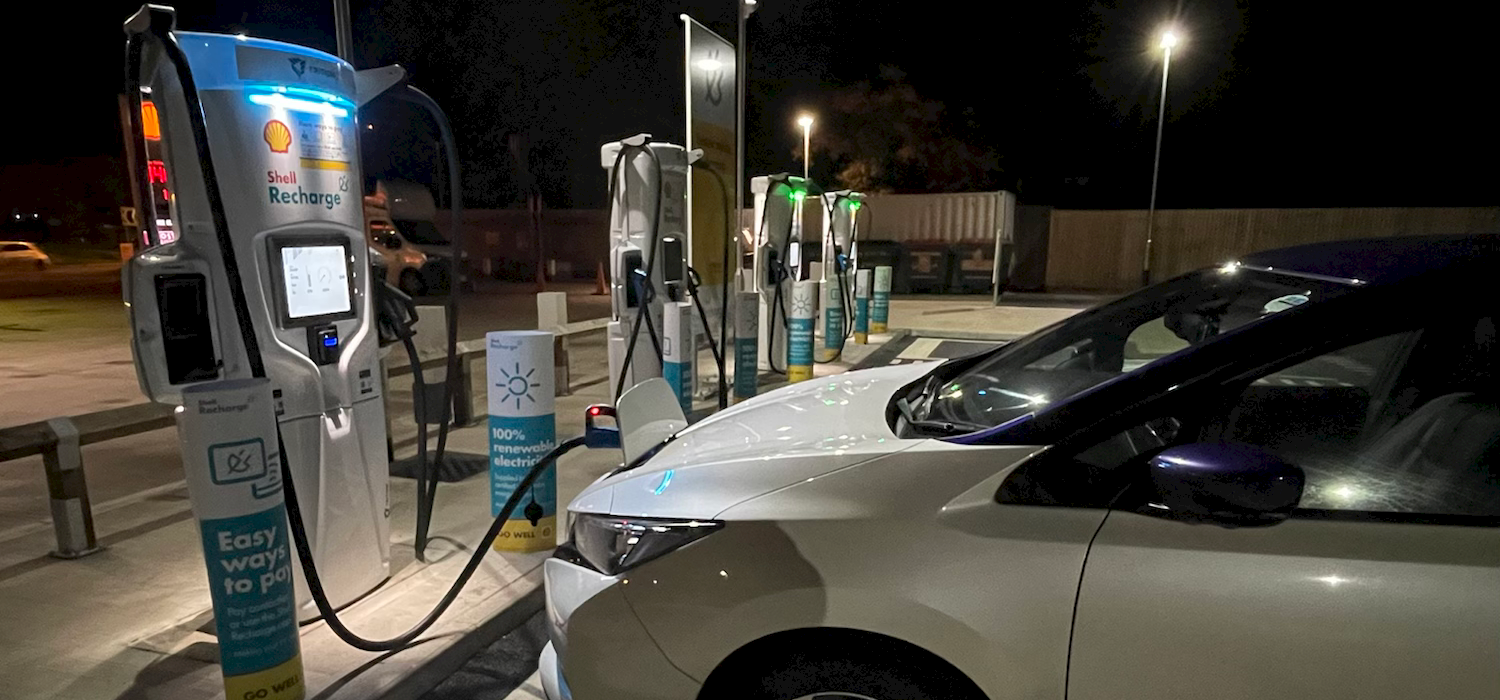
Rather than using an AC electrical current to charge a vehicle, rapid charging points use DC (Direct Current) due to the higher power output that the electrical current can provide.
Because of this, rapid charge points use their own dedicated cable types that are designed to handle the higher power volumes. This means you will never have to worry about keeping a "rapid charging cable" in the boot of your car.
There are currently two types of rapid charging cables that will be attached to the rapid charging unit itself:
CHAdeMO
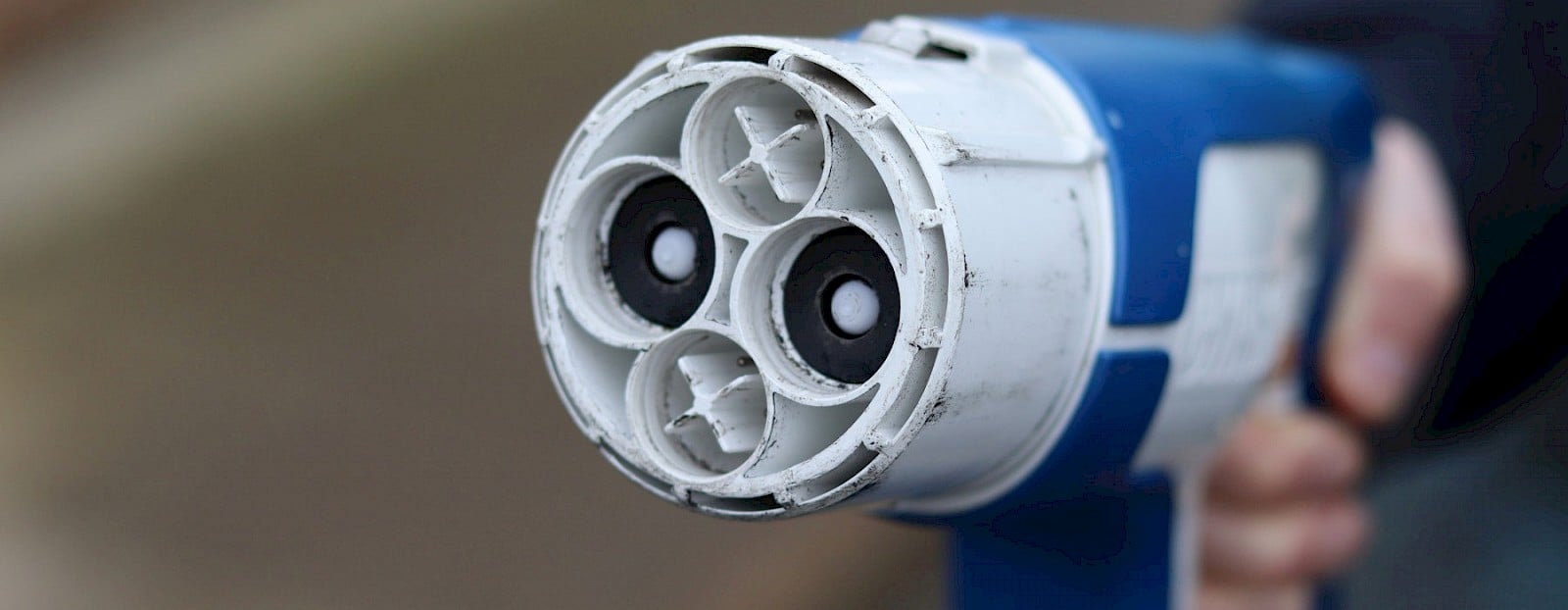
The CHAdeMO cable is a favourite connector type among Asian car manufacturers such as Nissan. CHAdeMO cables have round connectors that have four large holes in them. The handle of a CHAdeMO cable also has a latch control button on top that unfixes the cable from the charging port when pressed.
Aside from rapid charging, V2G (vehicle to grid) charge points also commonly use CHAdeMO connectors due to the cable type being bi-directional (meaning that power can flow both up and down the cable).
CCS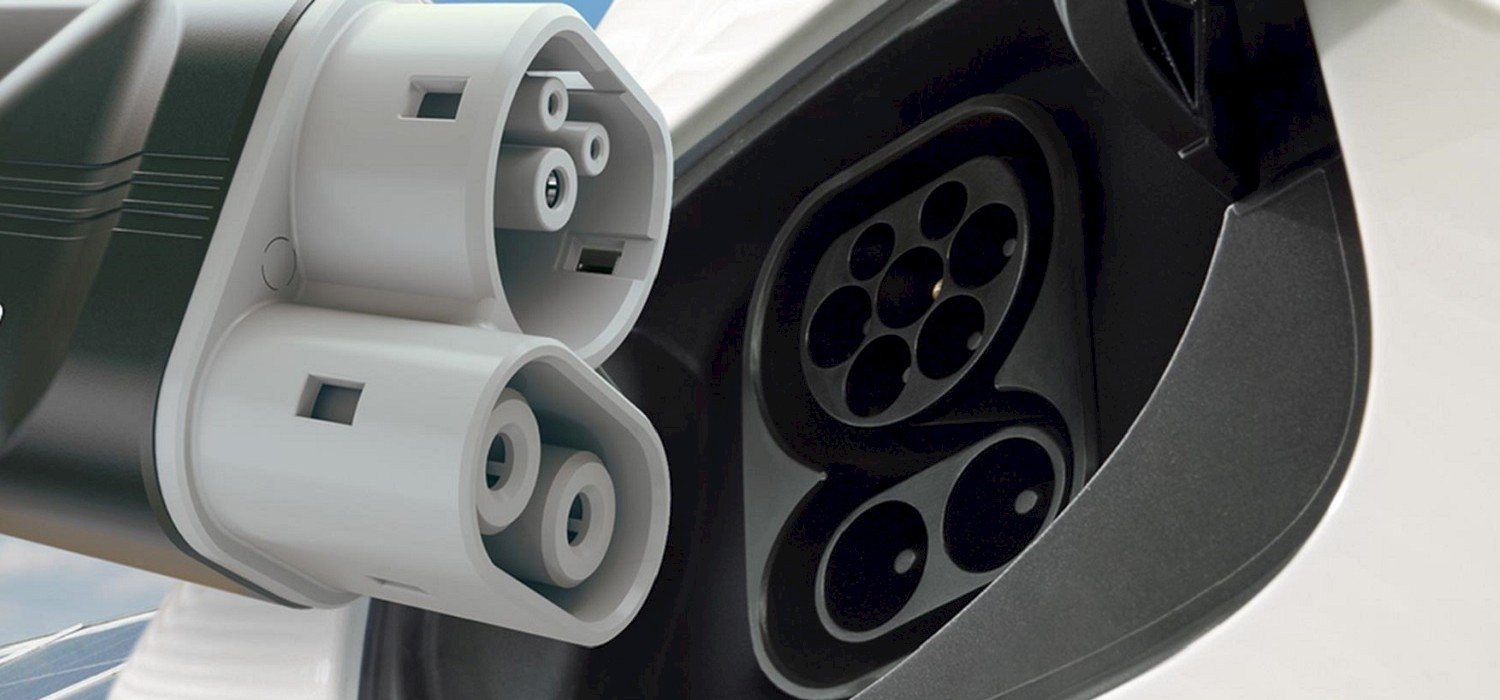
This is the most common rapid charging cable type and the one you are most likely going to be using when charging your vehicle at a rapid charging point.
Unlike CHAdeMO which is its own connector type, a CCS connector is based on the Type 2 cable design mentioned above but with the addition of two extra holes located below the typical Type 2 connector design.
Can I buy electric car charging cables separately?
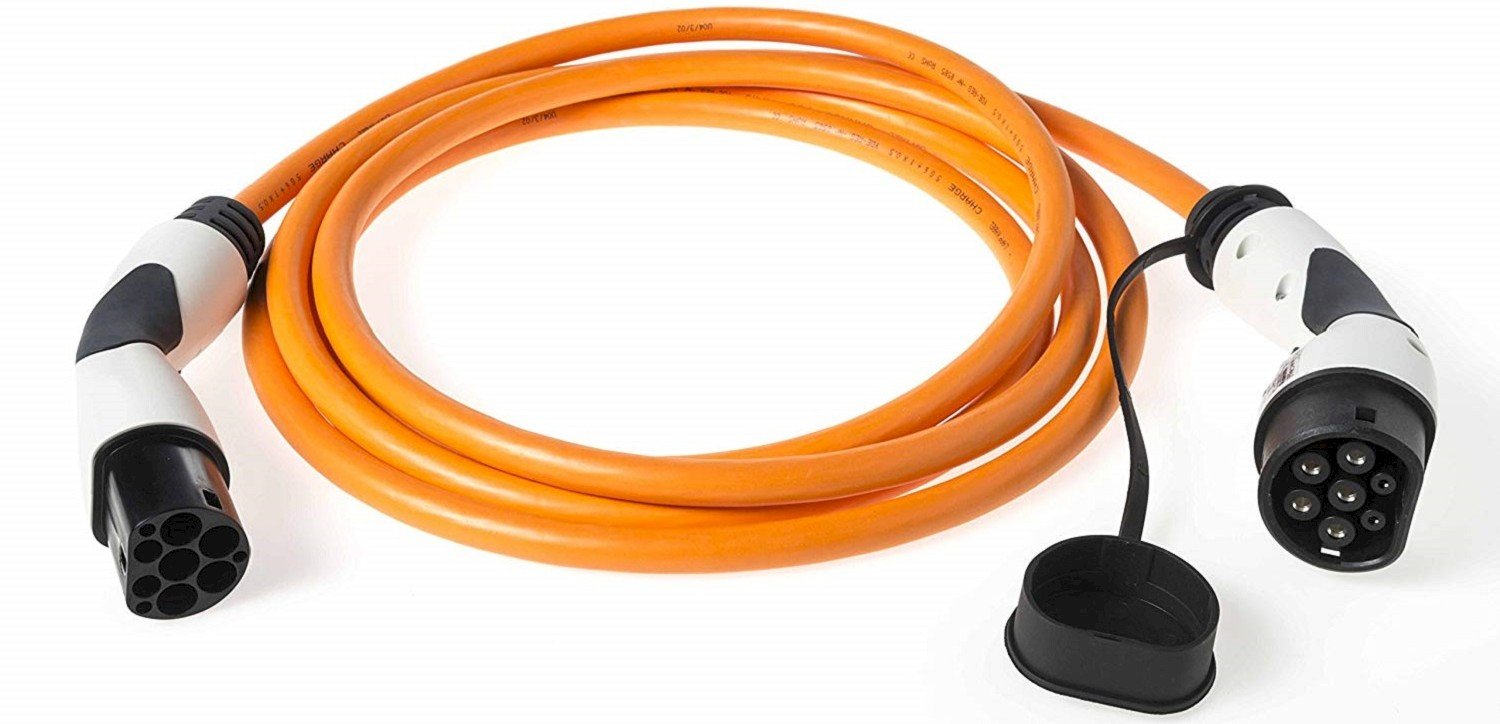
While you may receive a Type 2 charging cable with your car, it might be prudent to buy several - one for back at home, and one for while away to store in your boot. Or you may even want a longer charging cable as the standard size carmakers usually supply is five metres.
Equally, if you're buying a second-hand EV, you may well need to purchase your own electric car charging cables.
Fortunately, Smart Home Charge sells a range of EV charging cables via our online store offering everything from longer lengths to brighter cables for extra safety when charging at night.


